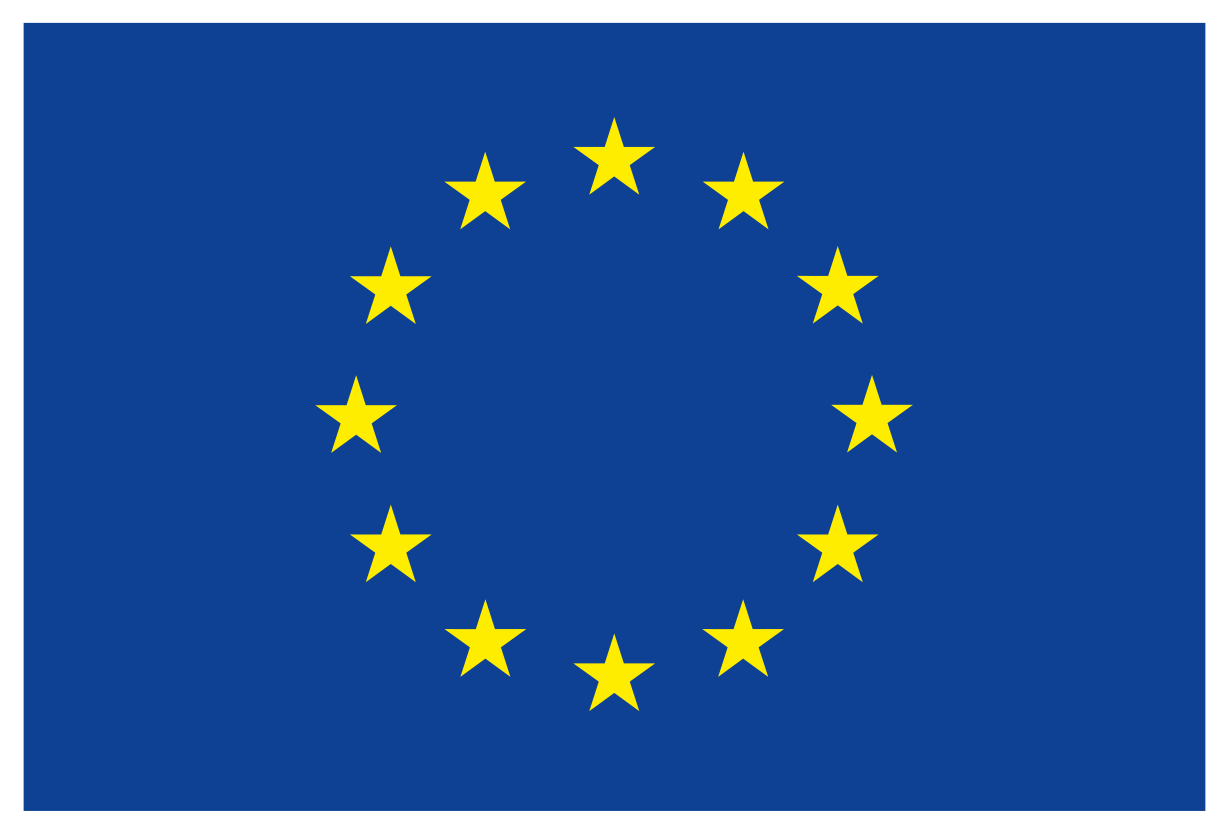The International Press Institute (IPI) has joined 74 civil society organisations in writing to the European Commission, the European Parliament’s rapporteur, the Spanish Presidency of the EU Council and the Ministers of Justice of all EU Member States to reiterate our shared concerns regarding the trilogue process of the anti-SLAPP Directive.
The CASE Coalition, of which IPI is a partner, urges the European institutions to negotiate the strongest possible Anti-SLAPP Directive that effectively protects public watchdogs.
The letter was sent on 8 November 2023
The European Union is set to miss a critical opportunity to demonstrate that it is on the side of those who hold power to account. The trilogue negotiations concerning the Directive expected to fight Strategic Lawsuits Against Public Participation (SLAPPs) are coming to a close and the 74 undersigned organisations are sounding the alarm that, in the absence of certain key provisions, the anti-SLAPP Directive will fail to counteract the growing problem of SLAPPs in the EU.
These provisions include first and foremost a strong early dismissal mechanism for all SLAPPs. If the Directive fails to ensure that all claims against public participation are subject to a rigorous threshold test at the earliest stage of proceedings, as is the case with the Council of the European Union’s general approach document, the Directive will be a hollow instrument.
Secondly, if the definition of “cross-border” SLAPP cases is deleted, then the notion of cross-border cases would implicitly refer to cases where the parties are domiciled in different Member States. This means that the Directive will only be applicable in a handful of cases; thousands of actual and potential SLAPP targets will not be able to invoke any of the anti-SLAPP protective measures introduced by the Directive.
Finally, the provisions on compensation of damages risk being left entirely at the discretion of Member States and the courts, leading to unequal compensation mechanisms in different countries. Leaving out a minimal standard for compensation would be disgraceful considering that full compensation for damages is essential in any anti-SLAPP legislation worthy of the name. We cannot ignore the restorative function for SLAPP victims and its deterrent effect on powerful actors who consider starting similar abusive proceedings.
These past years, member organisations of the Coalition Against Slapps in Europe (CASE) have been providing solid, evidence-based expertise and in-depth knowledge to feed discussions on the law, and always in a constructive spirit, to the Commission, the European Parliament and the Member States. At this crucial stage, it looks like our contribution has been ignored.
We refuse to let this be a missed opportunity.
We will not support a watered-down Directive that will provide no meaningful protection for journalists, media outlets, activists and civil society organisations in Europe, instead of serving as a model for ambitious anti-SLAPP legislation across Europe and beyond.
As we enter the final stages of the trilogue discussions, we urge the Council and the Parliament, with the support of the Commission, to make this legislation a robust instrument that fulfils its purpose and not a tick-box exercise.
Signed:
📢74 CSOs raise the alarm in an open letter to the @Europarl_EN, @eu2023es, @EU_Commission and EU MoJs to not squander the chance to negotiate a Directive that will effectively protect public watchdogs from SLAPPs. #StopSLAPPs
Read the full text here: https://t.co/pBmRBVZN97
— The CASE (@CASECoalition) November 8, 2023
